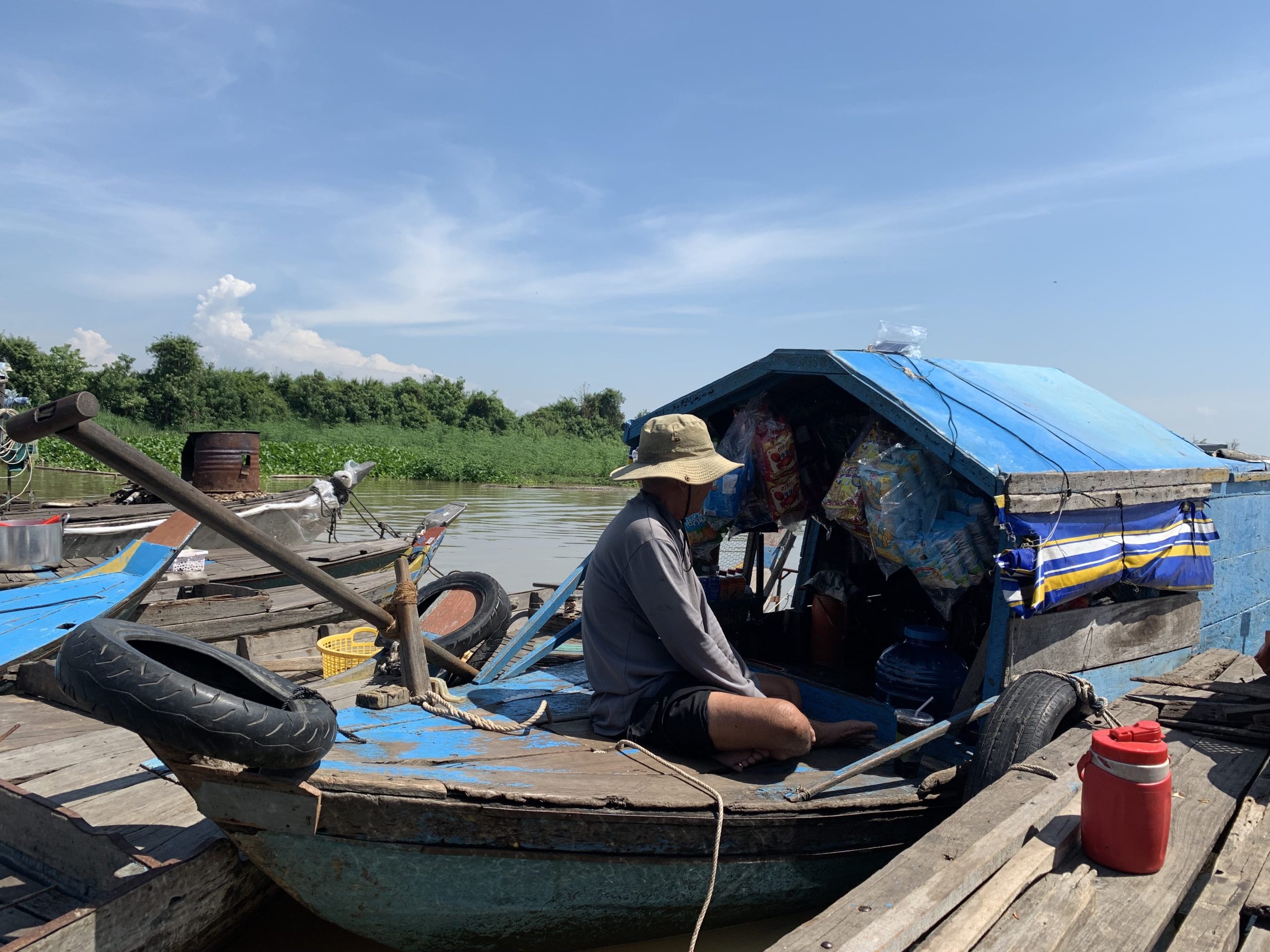1. Citizenship Law
a. Jus Sanguinis and Jus Soli Provisions
Cambodia’s citizenship legislation contains both jus sanguinis and jus soli citizenship provisions for individuals to gain “Khmer nationality”. Regardless of the place of birth, a child born to a citizen parent automatically obtains Khmer citizenship. Children born in Cambodia to parents who are both foreigners and were both born and living legally in Cambodia gain Khmer nationality/citizenship through jus soli provisions. Cambodia’s citizenship legislation does not include a definition of a stateless person nor does it specifically mention statelessness.
Cambodia’s citizenship legislation contains both jus sanguinis and jus soli citizenship provisions for individuals to gain “Khmer nationality”.
b. Naturalized Citizenship
Foreigners may apply for Khmer citizenship if they have been continuously residing in Cambodia with a residence card for at least seven years, have never been convicted of a felony or misdemeanor and can speak Khmer, among other requirements. There is an expedited process available to foreigners who were born in Cambodia as well as foreigners investing in or donating to Cambodia. There is no simplified or expedited procedure available to stateless persons or refugees.
There is an expedited process available to foreigners who were born in Cambodia as well as foreigners investing in or donating to Cambodia.
c. Dual Citizenship
While dual citizenship is recognized in Cambodia, recent constitutional amendments have made dual citizens ineligible for top posts in the country, including prime minister.
2. Treaty Ratification Status
Cambodia has comparably high rates of treaty accession compared to other states in Southeast Asia. Cambodia has ratified the 1951 Refugee Convention and its 1967 Protocol, the ICCPR, ICESCR, ICERD, CRC, and CEDAW with no relevant reservations. It has not ratified the two Statelessness Conventions, despite accepting to do so in 2019 during its third UPR cycle.
In its 2020 concluding observations, the CERD Committee expressed concerns regarding the lack of legal safeguards for children in Cambodia who would otherwise be stateless. Article 5 of ICERD, which Cambodia is obligated to, protects the right to nationality. The Committee also raised concerns over the lack of identity documents for Khmer Krom, who are often denied identity documents or forced to record a name and place of birth other than their true name and place of birth on identity documents. This has led to the community facing discrimination and an inability to access land, employment, education, health care and basic services. The Committee recommended that Cambodia ensure that the National Strategic Plan of Identification (2017-2026) amends the lack of access to identity documents and registration for the Khmer Krom in particular. Concerns over barriers to accessing identity documents by Khmer Krom and ethnic Vietnamese women as well as birth certificates for their children were also included in recent concluding observations by the CEDAW Committee. Concluding observations by the CRC Committee in 2022 recommended that Cambodia expand its electronic registration system, “prohibit the practice of informal fees for the issuance of birth certificates”, and “ensure that all children, including Khmer Krom, ethnic Vietnamese and migrant children, have access to birth registration and identity documents”. As a party to the CRC and CERD, Cambodia is obligated to ensure that every birth is registered immediately, without discrimination, and that no child is left stateless.
| Country | Stateless 1 | Stateless 2 | Refugee | ICCPR | ICESCR | ICERD | CRC | CEDAW |
|---|---|---|---|---|---|---|---|---|
| Cambodia |



